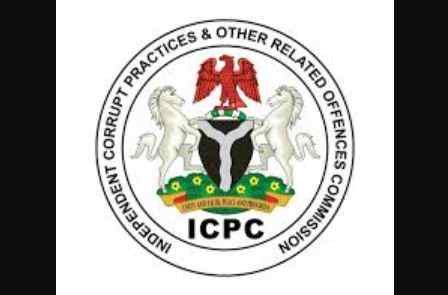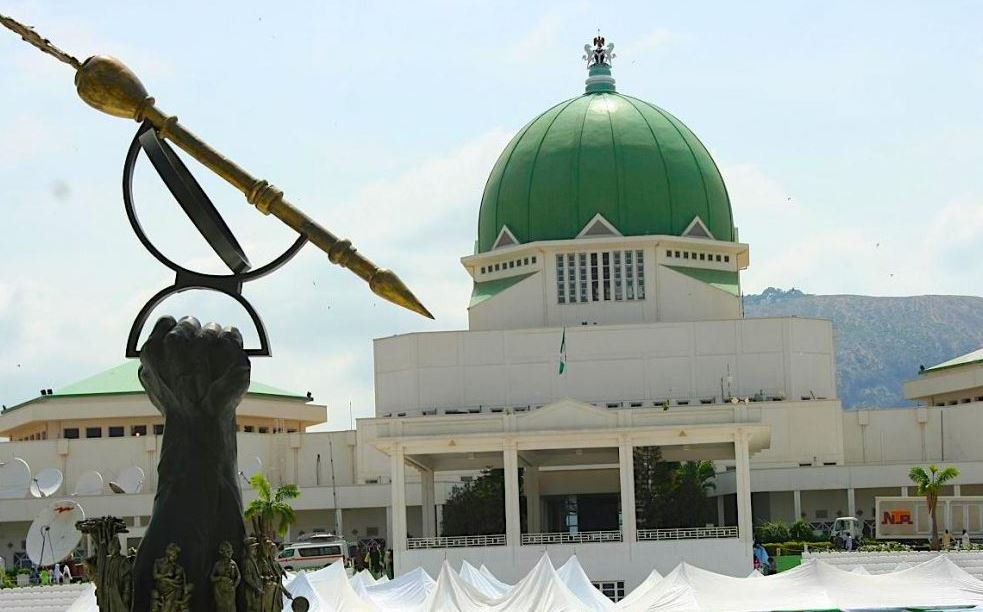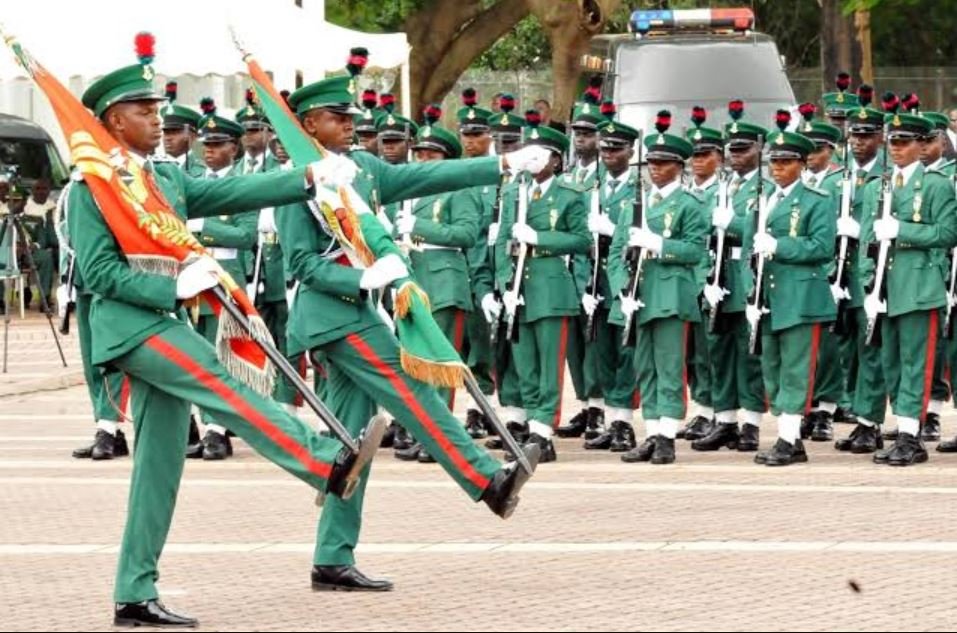
Full Meaning Of ICPC And Their Functions
Corruption has troubled Nigeria for decades, and to fight this issue, the Nigerian government established the ICPC. In this guide, you’ll learn everything you need to know about what ICPC is, Including what it stands for, its functions, and its impact on Nigeria’s fight against corruption.
READ ALSO: When Was The Nigerian Army Established
What Does ICPC Stand For?
ICPC stands for Independent Corrupt Practices and Other Related Offences Commission. It is a government agency in Nigeria created to address corruption and related crimes.
Established in 2000, its main goal is to promote honesty and integrity in public service. The commission investigates allegations of corruption and works to prevent corrupt practices in government institutions.
What Are The Key Functions Of ICPC?
Here are the five main functions of the Independent Corrupt Practices and Other Related Offences Commission:
Investigation Of Corruption Cases
The ICPC investigates reports of corruption in government offices. When someone believes a public official is involved in corruption, they can report it to the ICPC.
The commission then looks into the issue by collecting evidence and speaking to witnesses. This process helps to uncover the truth and hold those involved accountable.
Prosecution Of Offenders
After the ICPC gathers enough evidence from its investigations, it can take legal action against those responsible. Now, the commission can bring the case to court. Working with lawyers, the ICPC presents the evidence to ensure that corrupt individuals are punished.
Prevention Of Corruption
The ICPC doesn’t just deal with corruption after it happens; it also works to stop it before it starts. The commission checks how government agencies operate to find weaknesses that could lead to corruption.
They suggest changes and reforms to make sure the system is more transparent and less vulnerable to corrupt activities.
Public Education And Awareness
The ICPC also educates the public about corruption and its harmful effects. Through campaigns, workshops, and seminars, they inform citizens about their rights and the importance of honesty in public service. The more the public knows, the stronger they are in helping fight corruption.
Receiving Complaints From The Public
The ICPC gives people a way to report corruption whenever they come across it. Citizens can send their complaints through phone hotlines, emails, or by visiting ICPC offices.
This allows the public to take part in the fight against corruption. The ICPC reviews these reports and investigates them to ensure every complaint is handled properly.
How Many Departments Are There In ICPC?
According to the official website of the Independent Corrupt Practices, the commission is organized into 10 departments and 6 units. The 10 departments are:
- Operations
- Legal Services
- Proceeds of Crime, Recovery & Management
- Special Services
- Systems Study & Review
- Public Enlightenment & Education
- Administration & Human Resources
- Finance & Accounts
- Planning, Research & Statistics
- Anti-Corruption Academy of Nigeria (ACAN)
However, the 6 units include:
- Internal Audit
- Procurement
- Reform (SERVICOM, ACTU & FoI)
- Protocol
- Internal Security & Support
- Clinic
READ ALSO: List Of Nigeria Inspector Generals Of Police (1964-Present)
What Is The History Of The ICPC?
In the late 1990s, Nigeria was dealing with a serious corruption problem. Many people were frustrated because public funds were being misused, and there was little accountability in the government.
When the new government came into power in 1999, they realized that corruption had to be tackled to restore trust among citizens and improve governance.
This started discussions about creating a special independent body that could focus on fighting corruption. In 2000, the Independent Corrupt Practices and Other Related Offences Commission (ICPC) was officially established.
This happened after the Corrupt Practices and Other Related Offences Act was signed into law by then-President Olusegun Obasanjo.
The main purpose of the ICPC was to investigate and prosecute cases of corruption and other related crimes. To ensure the commission’s work was effective, it was created to operate independently, free from government interference.
On September 29, 2000, the ICPC was inaugurated. The first chairman of the ICPC, Justice Justice Mustapha Akanbi, highlighted how important the commission would be in promoting transparency and accountability in public offices.
Soon after, the ICPC began its work, investigating complaints about corrupt practices and collecting evidence against government officials involved in corrupt activities.
However, since its establishment, the ICPC has achieved several major milestones. In 2003, it launched its first big public awareness campaign.
This campaign aimed to educate the public about the dangers of corruption and encouraged citizens to report any corrupt activities they encountered.
The goal was to get the public involved in the fight against corruption. In 2004, the ICPC made headlines when it successfully prosecuted a high-profile public official for corruption.
This was a turning point because it showed that even powerful individuals could be held accountable. Since then, the ICPC has continued to take on cases and has worked hard to improve its systems for fighting corruption more effectively.


